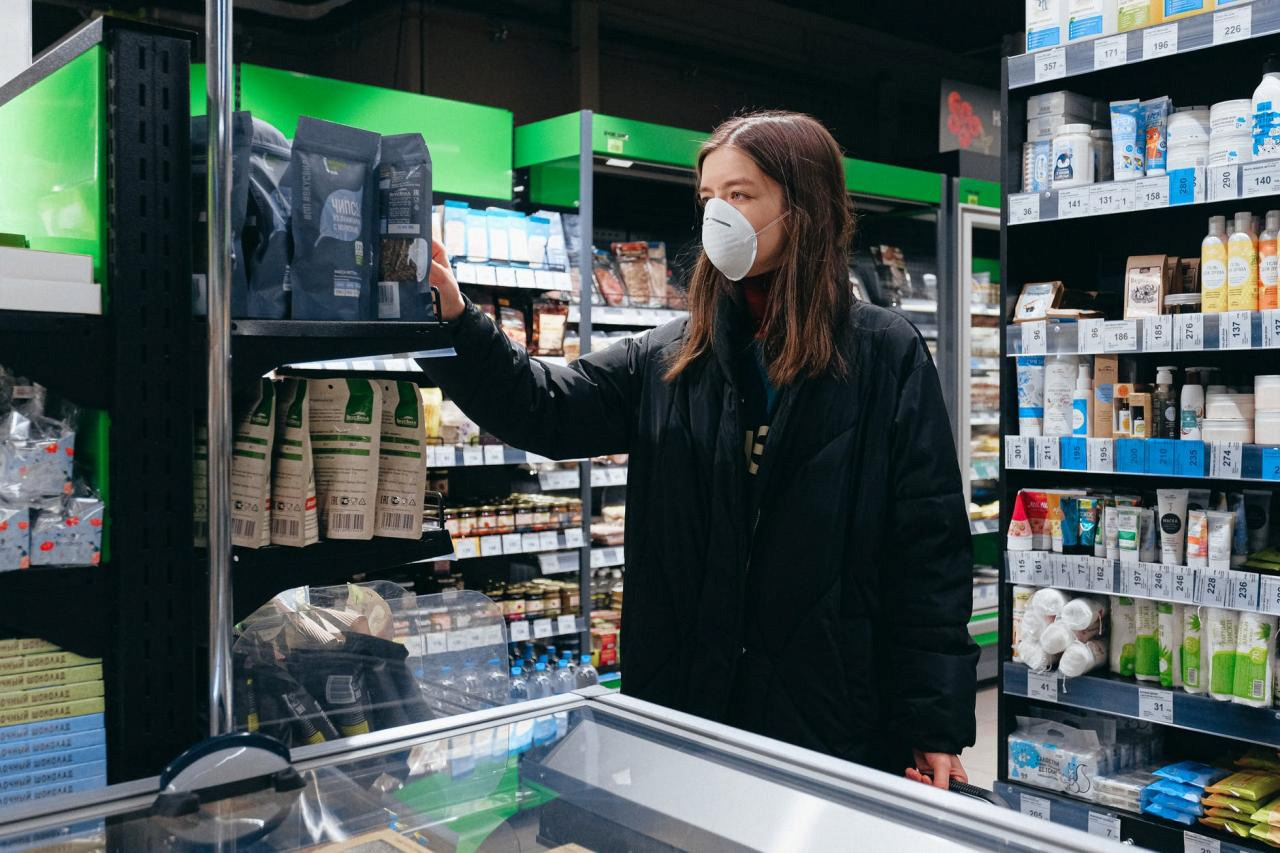
The COVID-19 pandemic caught the world by suprise. Chinese and other Asian citizens were already familiar with the conseqences of an epidemics (remember SARS in 2002), but for Americans and Europeans it’s been quite of a shock to realize that the world is not the fairytale they used to believe. In Italy, after weeks of people being forced to stay at home, balconies are showcasing the sentence “andrà tutto bene” which translates as “everything will be all right”. It really sounds like the typical sentence we use to say to children when we know they are too young to face a reality that is too harsh for them to understand. After all, that’s exactly how we feel right know: we are dealing with something we can’t truly understand, and we are scared because the enemy is invisible. We need someone to reassure us, telling us that it will be all right.
Our generation has been growing up in a world where everything was for granted: parties, low cost travelling, shopping and food. Of course we would have never expected to end up hunting for of toilet paper. But here we are, and frankly speaking, we have two possible approaches to take: we can either continue to hope that everything will be all right, like a baby that is waiting for a familiar comfort, or we can wake up and realize that we are not virgins anymore, we don’t live in a fairytale and nothing is for granted, especially the sentence “it will be all right”. Assuming that the world will defeat the COVID-19 within the year, some consequences are long term, or even permanent.
Global mobility will be more restricted

Different countries are dealing with the virus at different paces. Italy is in lockdown since 9 March while in Sweden bars are still open, and God knows how many cases are going unreported in Africa and other Third World countries. This means that the global mobility is not going to be back anytime soon. China closed the borders to all foreigners as soon as the virus was contained, in order to prevent future outbreaks coming from outside. It’s easy to understand that every country will follow, as long as there will not be cases anymore. It might even take years, and probably (as usual), the least developed countries will be the ones to be affected the most.
The global mass surveillance will be highly intensified
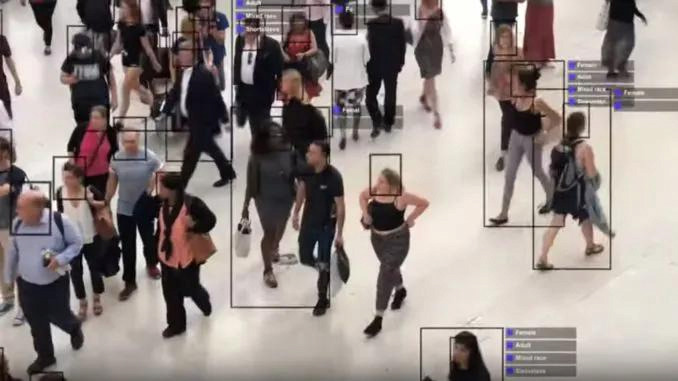
New surveillance systems have been implemented around the world, in order to precisely track the location and the identity of people, in the attempt to help reducing the spread of the virus. This is exactly what Naomi Klein calls “Shock Doctrine”, referring to the exploitation of national crises and disasters in order to establish controversial and questionable policies. Some examples? South Korea, China & Israel have implemented very deep surveillance tools, based on location and other smartphone data. In Europe even drones are deployed, while US is introducing new AI cameras for tracking people & their temperatures.
However, as it’s easy to imagine, these measures are meant to stick even after the pandemic is gone, because these new tools will be vital in order to “prevent” future disorders. The 9/11 attacks taught us that every security measure taken during the emergency, was established as perpetual, although it looked like something temporary.
Very deep financial crisis behind the corner
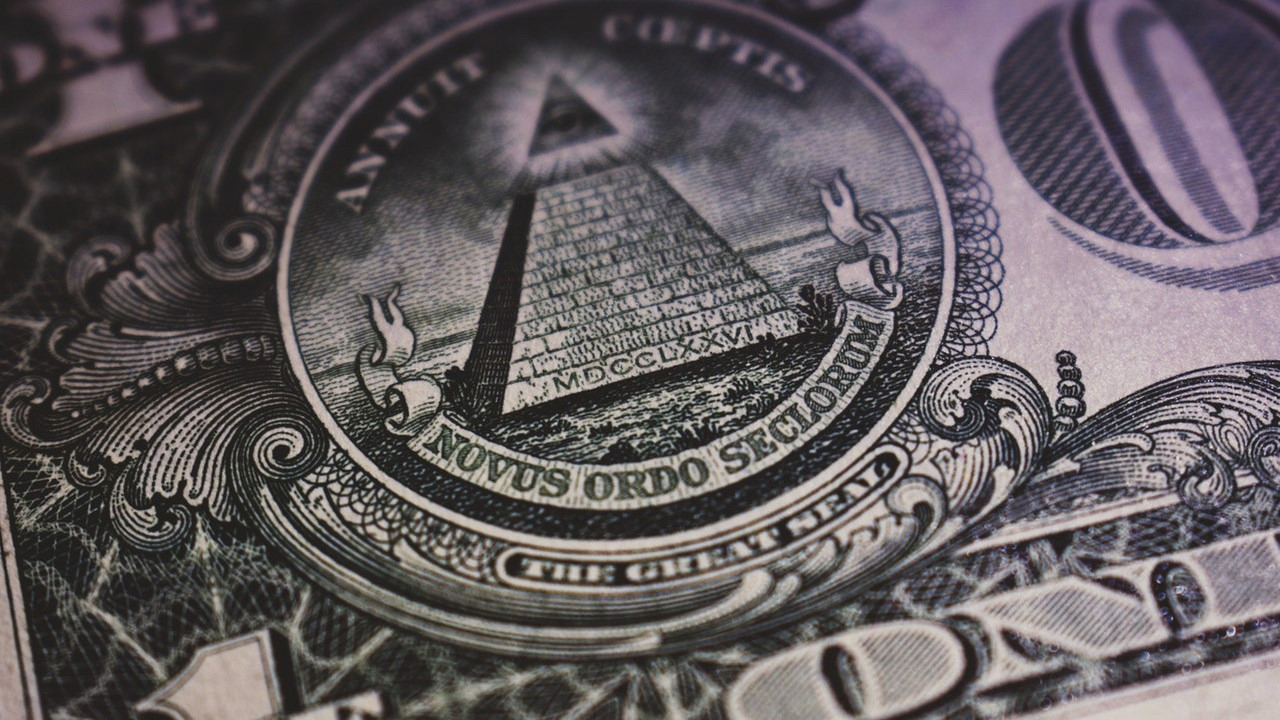
As the world had to stop in order to implement the necessary quarantine policies, the effects on the economy have already been disastrous. A lot of people have already lost their job and more will follow. It is estimated that 25 million people will be unemployed, because of the COVID-19 crisis (compared to 22 million people out of the 2008 crisis). On top of that, 80 million jobs are at risk only in the US, due to the coronavirus, according to Moody Analytics. The markets have been highly volatile, reflecting the expectations that the economy could be on the verge of a future collapse. In England, where the lockdown has only started since one week, families are already borrowing money for buying food. All of this situation poses a lot of risks for the stability of our societies in the next future, and we can see the first signs in Italy, where social unrest is brewing. In the meantime, the German state minister of finance in Frankfurt, committed suicide after worrying over a deep coronavirus financial crisis. It seems like we are on the beginning of a new economic fallout.
On a positive note, the production of oil is plumming, as the demand has dropped dramatically. Can this be the exodus of a transition towards renewables, as the oil production becomes less meaningful?
Smart working & E-learning are the new normal
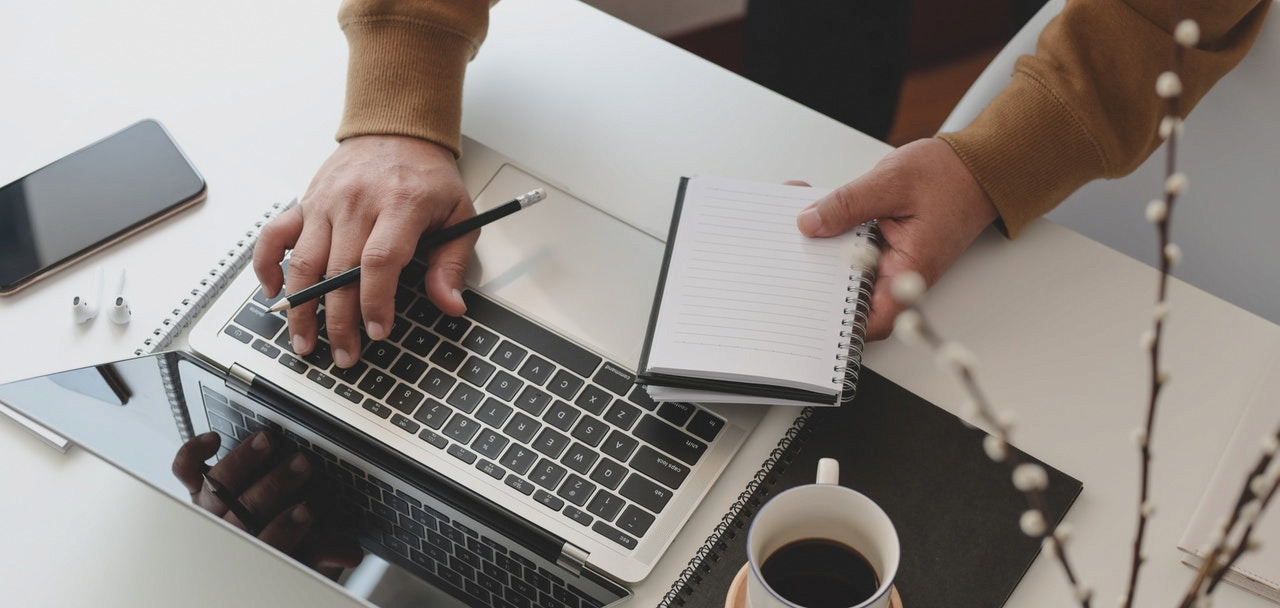
With over 1 billion people in quarantine, scholars and workers had to move the whole activities in videoconferences and online groups. Although “work from home” and “online teaching” are not new, for sure they have never achieved a mass adoption. However, many students and workers are now discovering the benefits in terms of productivity, flexibility, costs, pollution and time. Therefore it’s difficult to imagine a future where the online working won’t be more and more common from now on.
On the bright side, the rise of e-learning and e-working would lead towards a more sustainable and balanced way of doing things; however, at the same time, the COVID-19 pandemic is also accelerating the automation of work, with more and more AI and virtual platforms at the epicenter of the economy. This can only mean that in the medium to long run, more and more people will be unemployed, and the highly discussed universal basic income will become extrimely necessary.
Anxiety and depression will lead the way
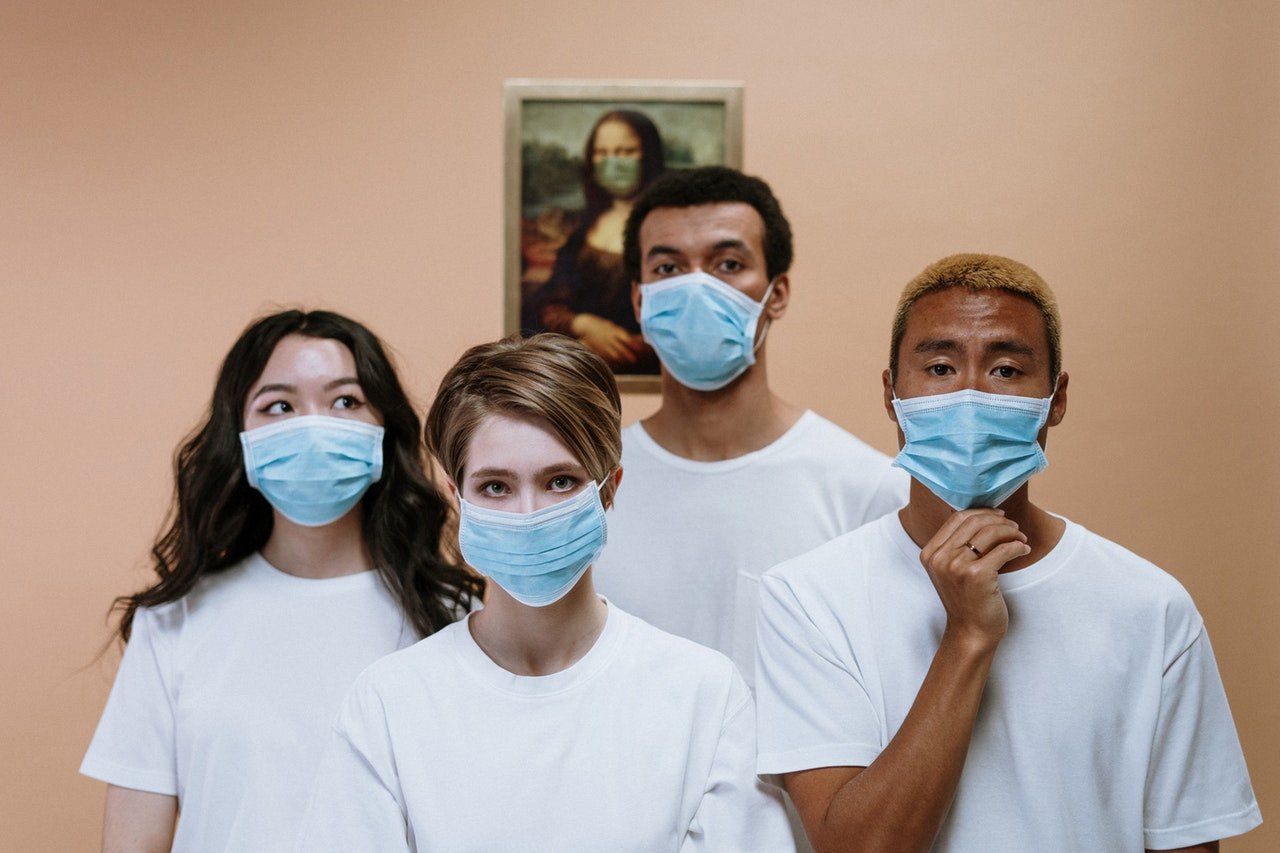
Almost two billions people are currently into social distancing, spending their time on Netflix & Youtube. The media and the world leaders are using military words like “doctors in the front line”, “virus is the enemy”, “we need to fight” and so on. The rhetoric is that we are on a war, even though it’s all silent and invisible. For a generation that has never been questioning the stability and the safety, it feels like a possible trauma, to deal with something that is capable of impeding our freedom at anytime. The first reaction in Europe was “it’s just a flu”, and now people are loosing trust in one another, as every person walking in the street can be a virus carrier, or to better say, a “weapon carrier“. It’s been already estimated that 50% of all the Italians, are going to be affected by emotive disfunctions, once the outbreak will be over.
Bear in mind that social distancing is something that we have been practicing everyday during the last decade. If last year we walked in every random street, or inside a Mc Donalds, it would have been easy to realize how people are constantly glued to their smartphones, in a perpetual sort of presence/absence.
However, something from now on is broken forever: our blind trust towards the society we live in. And the social consequences, will be far more deep than we can imagine.
Final considerations
This virus and the inconsistent way we are dealing with, are representing a big defeat for our modern society. The EU is proving to be a big failure, unable to agree on a single common measure to take. However the problems are worldwide: since the financial crisis in 2008, every social policy has been oriented towards cynicism and containment. Income inequality has been expanding as always, while the masses have been easily distracted by their selfishness on social media, and the public political debate has been polarized around immigration, as if it’s been the only important matter.
Perhaps, the only positive outcome is that the time spent during quarantine, could have allowed us to reflect deeper on the current state of our society, and the directions that we are taking. It’s going to be very rough though, since a long process of recovery post-trauma, will need to take place.
All in all, this is probably not going to be the end of the world, but now at least we are well aware of the fact that we know how it can look like. We should all prepare for a change.
Some further readings:
How COVID-19 will push for an even more aggressive automation